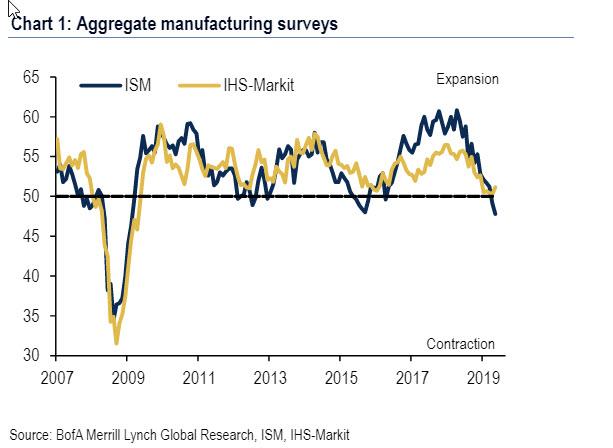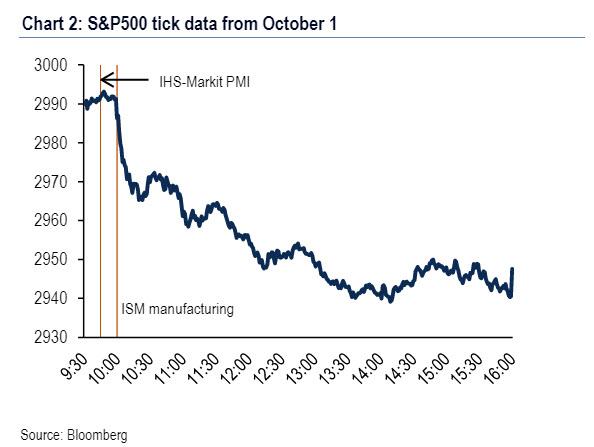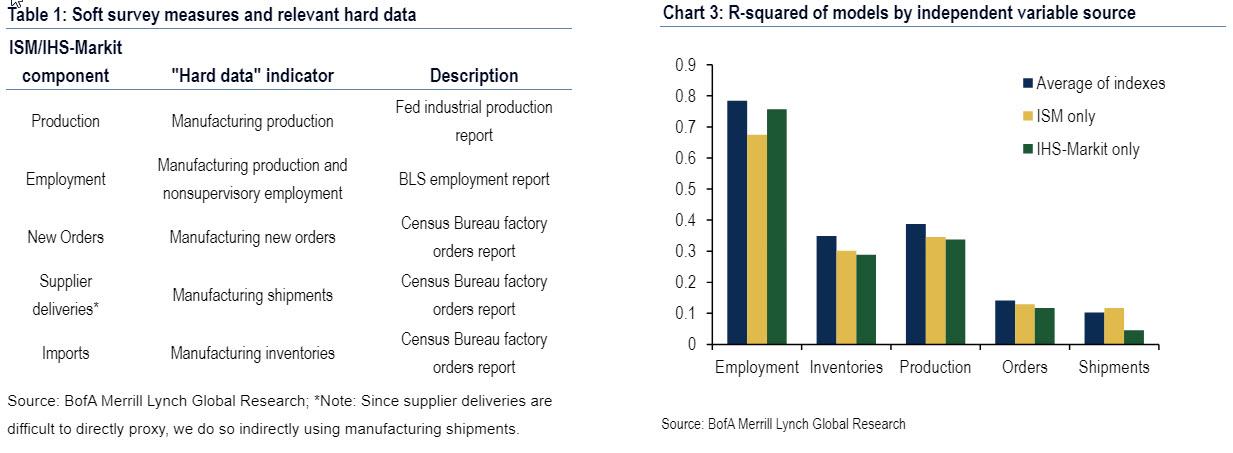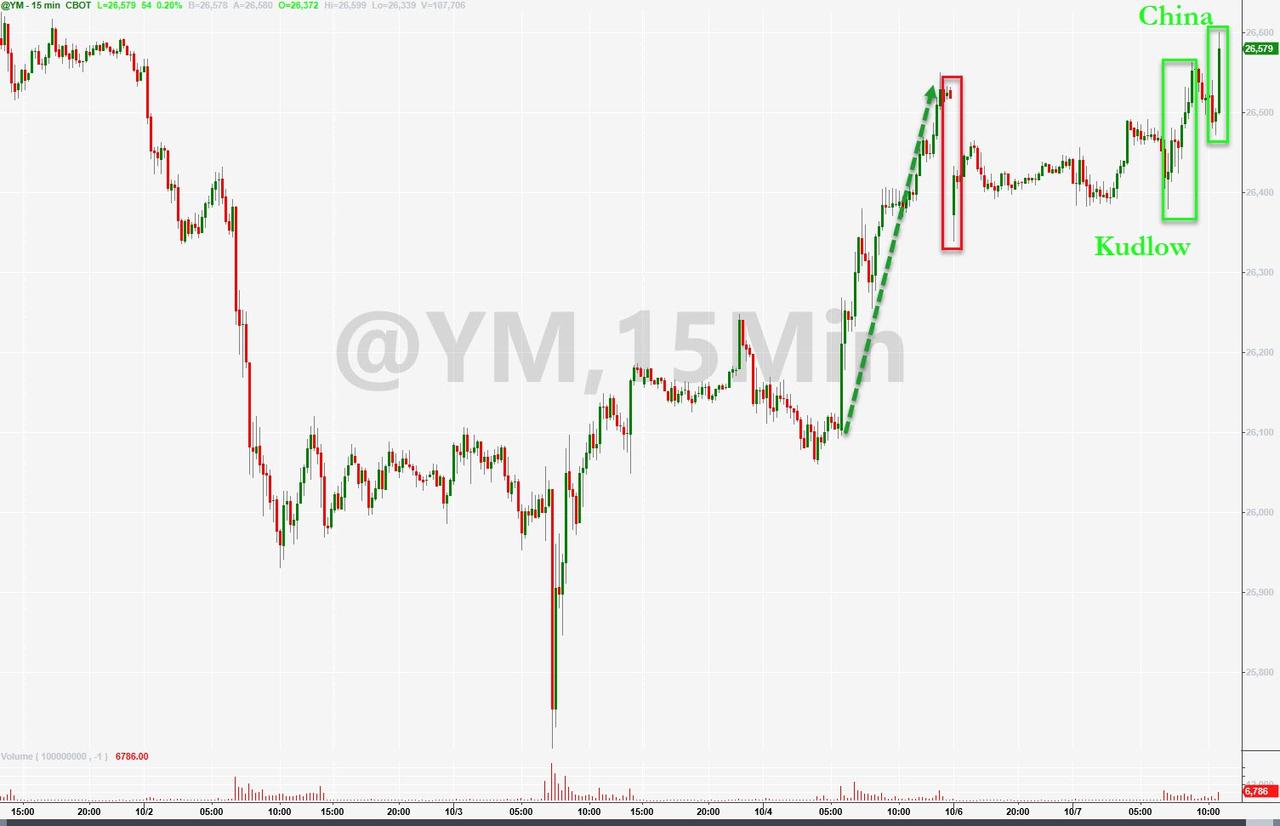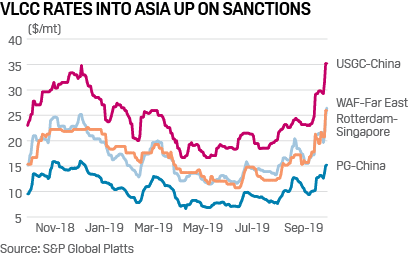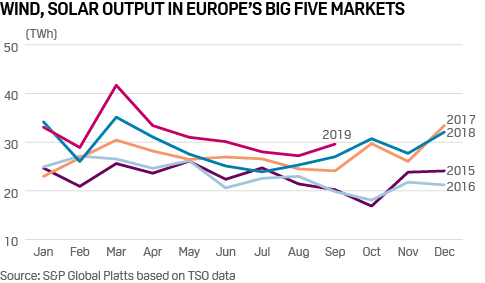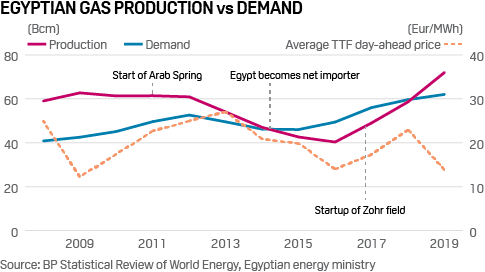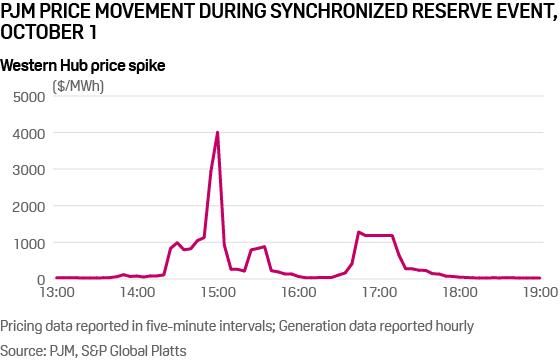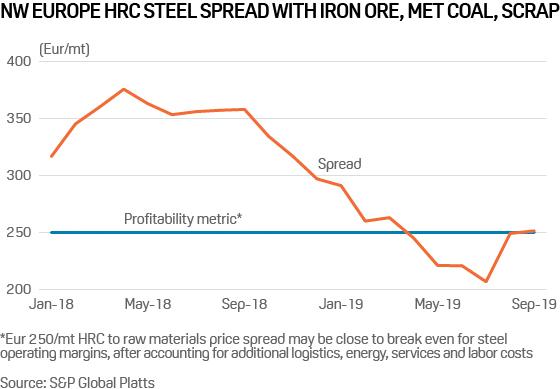The Supreme Court is back to work this week. Tomorrow it’ll be hearing two hours of argument over three different lawsuits involving federal protections against sex discrimination in the workplace. At issue: Do those laws also protect against discrimination on the basis of whether somebody is gay or transgender?
A ruling in favor of the employees in these three cases would mean a massive realignment of the classifications protected by the Civil Rights Act of 1964, which for most of its existence was not interpreted to include those protections, and most certainly was not intended to do so when Congress originally passed it. But subsequent rulings and Supreme Court precedents have expanded the view of what counts as discrimination on the basis of sex, and there now is disagreement between differing federal courts and even different agencies about the issue.
The three cases are Altitude Express v. Zarda, Bostock v. Clayton County, and R.G. & J.R. Funeral Homes v. Equal Employment Opportunity Commission. The first two cases involve men in New York and Georgia who claim they were fired from their jobs (as a skydiving instructor and county child welfare services coordinator, respectively) for being gay. The third involves a funeral home director in Michigan who transitioned from male to female: Her employer wouldn’t let her present and dress herself as a woman at the workplace, and she was eventually fired.
They’re all challenging their terminations under Title VII of the Civil Rights Act, due in part to some more recent precedents. In 1989’s Price Waterhouse v. Hopkins, the Supreme Court ruled that Title VII protects against workplace discrimination on the basis of whether employees exhibit stereotypical traits of their sex. The case was focused on a woman who claimed she was being discriminated against for not behaving and dressing in a sufficiently feminine way.
That precedent is now being used (successfully in some cases) to argue that discriminating against gay or transgender employees is also fundamentally discrimination on the basis of whether a person exhibits the stereotypical traits we associate with men and women.
An additional Supreme Court precedent, written by conservative Justice Antonin Scalia in 1998, is also being used to bolster the workers’ arguments. In Oncale v. Sundowner Offshore Services, Inc., the Supreme Court ruled unanimously that Title VII protected against sexual harassment even when the harassment is between two men or two women. Scalia, who was well-known for his disapproval of the Supreme Court extending legal protections to same-sex relations and his generally textualist approach to interpreting laws, noted that while Congress certainly hadn’t considered the possibility of same-sex harassment when it passed Title VII, the guidelines “must extend to sexual harassment of any kind that meets the statutory requirements.” Lawyers for Gerald Bostock are arguing that the court should thus be able to consider other types of “sex discrimination” that Congress might not have envisioned back in 1964.
Working against the three employees in these cases is a lengthy political and lawmaking history of treating “sexual orientation” and “gender identity” as separate classifications of protection, not as a subcategory of “sex.” Some states have laws of their own protecting people from discrimination specifically on the basis of sexual orientation and gender identity. The federal government does not. For decades, a lot of Beltway-based gay and transgender activism has revolved around getting these classifications added to the Civil Rights Act, originally through the Employment Non-Discrimination Act and now through the expanded Equality Act. Democratic candidates for president have been lining up to declare their support for the passage of the Equality Act.
So there’s something of a disconnect here, in that the same people looking for the Supreme Court to expand the law’s scope are also going through the legislative process to have the Civil Rights Act amended to resolve the very conflict they’re bringing before the court.
President Donald Trump’s Department of Justice has taken the position that the Civil Rights Act, as currently written, does not protect against gay and transgender discrimination. It will argue that if Congress wants to protect against LGBT discrimination, then Congress, not the Supreme Court, should amend the Civil Rights Act.
I think the most likely outcome is a narrowly decided ruling along ideological lines, with the dominant conservatives agreeing that it’s the legislature’s role to add new classifications to the Civil Rights Act. This doesn’t necessarily mean they’re in favor of LGBT discrimination, though it’ll probably be treated that way. It means that they are deferring to Congress, as the body responsible for passing laws, to determine who falls under its protection.
Or that’s my current prediction, anyway. We’ll probably get a much stronger sense of how they will likely rule after the arguments tomorrow.
from Latest – Reason.com https://ift.tt/2OsaRnm
via IFTTT

